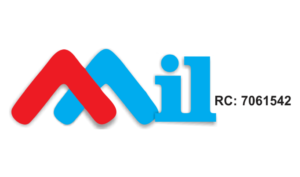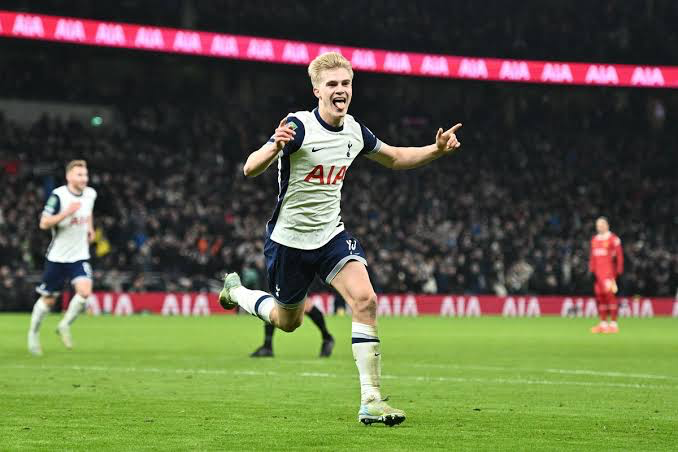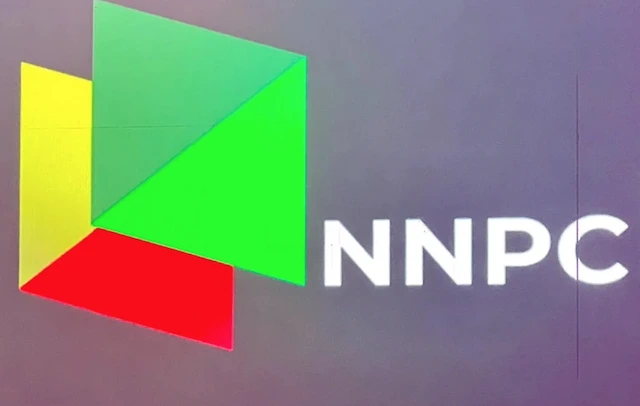On Tuesday, the Nigerian National Petroleum Company Limited (NNPC) announced a significant increase in the pump price of petrol, raising it from the official rate of N617 per litre to N897 per litre. This sharp hike comes amid growing financial challenges faced by the national oil company, which recently disclosed that it is burdened by a substantial debt of approximately $6.8 billion owed to international suppliers.
The price adjustment was quickly reflected at NNPC filling stations across Abuja, where many outlets have already begun selling petrol at the new rate of N897 per litre. This price increase has had a ripple effect on the market, with independent filling stations in the capital responding by setting their prices even higher, ranging from N930 to N950 per litre at several locations.
The decision to raise the pump price comes as NNPC struggles to manage its financial obligations and maintain a steady supply of fuel. The debt burden has reportedly placed immense pressure on the company, compelling it to take this drastic measure. The increase is likely to have widespread economic implications, particularly for consumers who are already facing rising costs of living.
The move has sparked concerns among the public and industry stakeholders, as the higher fuel prices are expected to lead to an increase in the cost of goods and services, further exacerbating the economic challenges in the country. The situation underscores the ongoing difficulties within Nigeria’s energy sector, where the interplay of debt, supply constraints, and fluctuating global oil prices continues to impact the domestic market.



